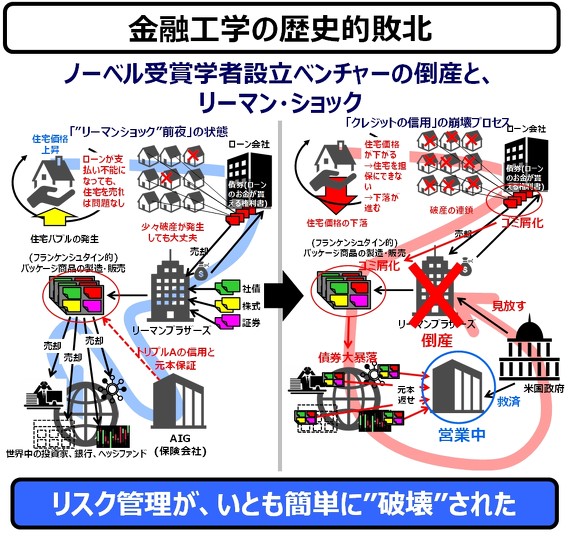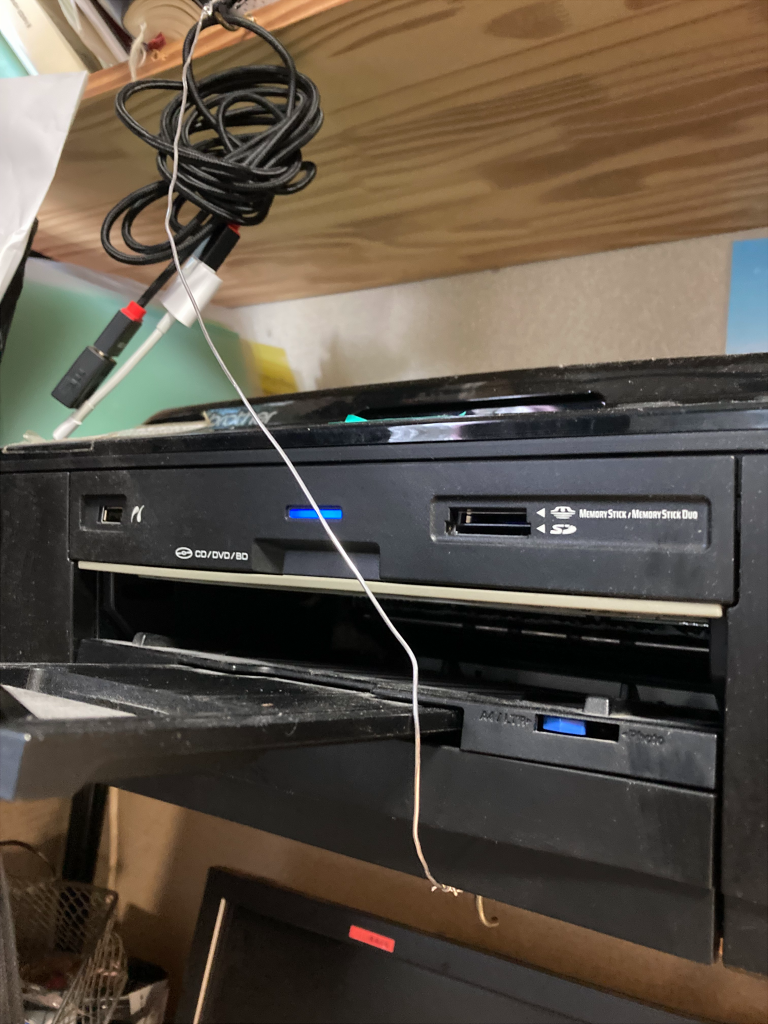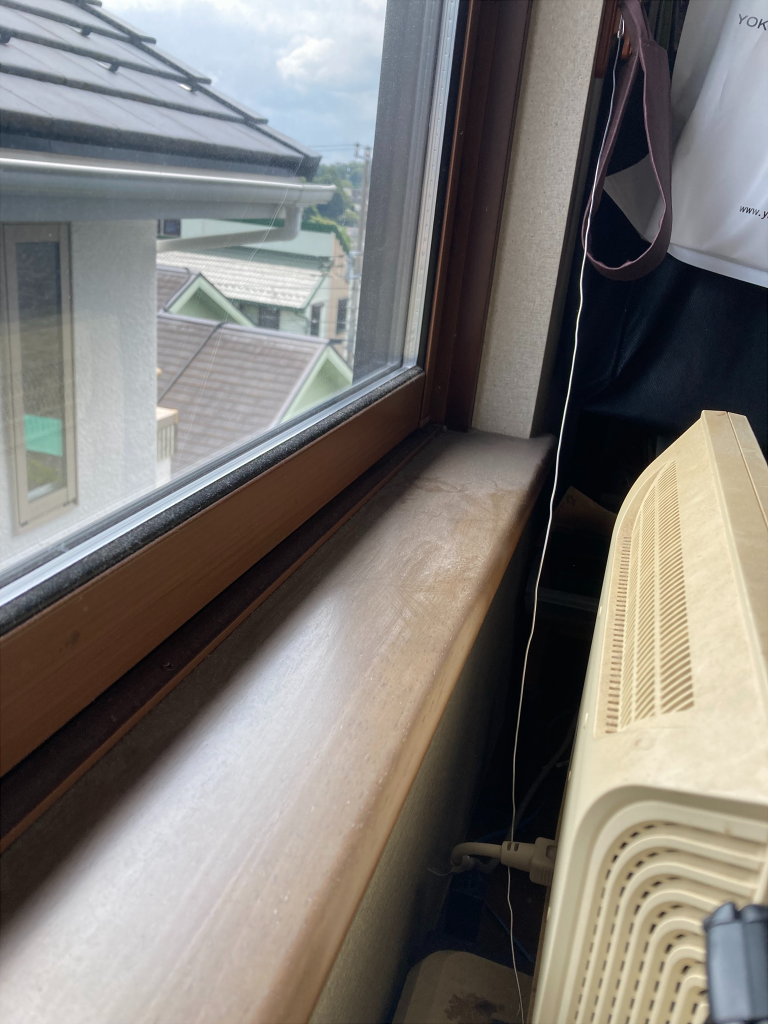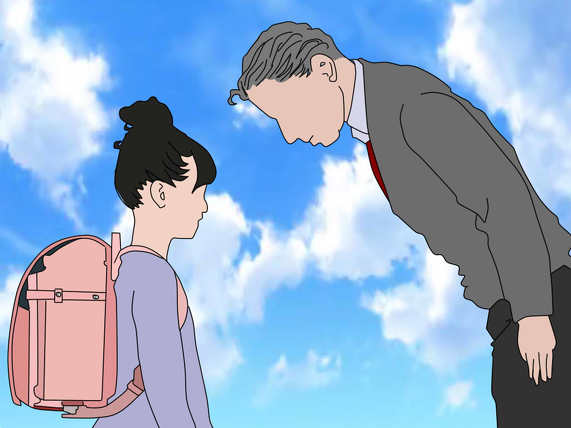我が国の首相への批判の声が大きいです。
There is a lot of criticism of our Prime Minister.
その結果、現首相は、次期自民党総裁選に出馬しない意向を明かにしました。
As a result, the current prime minister has made it clear that he will not run for the next LDP presidential election.
「首相への批判」というよりは、「政権政党への批判」の責任を負わされた、という感じがします。
It seems that the responsibility was placed on the party in power rather than on the prime minister.
まあ、私も「政権政党への批判」はしています。
I also have a “criticism of the governing party.”
このキックバックは、政治資金規制法の理念である「政治活動の資金の流れは、全て可視化する」という理念を、ぶち壊すものです。
-----
政治家というのは大変な仕事に思えます。
To me, being a politician seems like a tough job.
なにしろ「手につく職」というのが観念できない。
At any rate, I cannot conceive of “a job in hand.
彼らに残るものは「人脈」くらいですが、これも、スキャンダル→引責辞任ともなれば、全部パーです。
The only thing they have left is their “personal connections,” but this will all be wiped out if they are involved in a scandal and resign.
生活保護を受けている、落選した政治家は、かなり多いそうです(噂レベルで、まだ裏はとっていません)が、これも納得できます。
I've heard that there are quite a few failed politicians who are on welfare (at the rumor level, not yet corroborated), which makes sense.
スキャンダルで辞任させられ、その後、地元から離れて、別の土地で、小規模な店舗でアルバイトをしている元議員の話は(1件だけですが)知っています。
I know of (only one) story of a former councilor who was forced to resign because of a scandal and then left his hometown to work part-time in a small store in a different part of the country.
現在、パワハラや寄付の強要をしたとの疑いで、スキャンダルの渦中にいるどこぞの県知事が、ガンとして辞任を拒否し続けています。
The governor of some prefecture, currently in the middle of a scandal for allegedly harassing people and forcing them to donate money, continues to refuse to resign.
しかし、私には、彼の行動が理解できます。
But I can understand his behavior.
ここで辞任したら、これまでの輝かしいキャリア(高い学歴、留学経験、官僚時代の成果も)なにもかもが吹き飛びますので『死んでも辞任だけはしない』というのは、当然の戦略です。
If he resigns at this point, his illustrious career (including his high academic background, study abroad experience, and achievements as a bureaucrat) will all be blown away, so it is a natural strategy for him to say, “I will not resign even if I die.
そういう意味では、『傷が浅いうちに、早々に撤収する』という行動が、いかに難しいものであるか、がよく分かります。
In that sense, it is easy to see how difficult it is to act 'when there is a minor injury, withdraw early.'
これは私の持論ですが『撤収は芸術』です。
This is my theory: “Withdraw is an art".
[EE Times Japan]「英語に愛されないエンジニア」のための新行動論(22):最難関の「撤収」を鮮やかに乗り切る、11カ条の作業原則 http://t.co/UnEK78jdnW
— ITmedia (@itmedia) January 16, 2014
閑話休題
Now, let's return to the main subject
-----
しかし、今回の事件で国民が怒るのは当然だが、以前の事件(特に昭和の事件)はもっと大規模で、もっと凄いものだった。
However, while the public is understandably angry about this incident, previous incidents (especially in the Showa period) were much larger and more horrific.
■ロッキード事件(1976年)
■Lockheed Martin Lockheed Affair (1976)
田中角栄元首相がロッキード社からの賄賂を受け取ったとされる事件です。この事件により田中元首相は逮捕され、自民党政権が大きく揺らぎました。
This is a case in which former Prime Minister Kakuei Tanaka allegedly accepted a bribe from Lockheed Corp. This incident led to the arrest of former Prime Minister Tanaka and shook the LDP government.
■リクルート事件(1988年)
■Recruitment case (1988)
リクルート社が未公開株を政治家や官僚に提供した事件です。政治家の倫理が問われ、竹下登内閣が倒れる原因となりました。
This is the case of Recruit Co. providing private shares to politicians and bureaucrats. The ethics of politicians were questioned and caused the fall of the Takeshita Noboru cabinet.
■金丸信事件(1992年)
■Kanemaru Shin case (1992)
自民党副総裁の金丸信が東京佐川急便から5億円を受け取ったとされる事件です。金丸の辞任後、自民党内での権力闘争が激化しました。
This is the case of LDP Vice President Makoto Kanemaru, who allegedly received 500 million yen from Tokyo Sagawa Express. After Kanemaru's resignation, a power struggle within the LDP intensified.
セックススキャンダルであれば、
In the cases of sex scandal,
■田中角栄の「秘書スキャンダル」(1970年代)
■Kakuei Tanaka's “secretary scandal”
田中角栄元首相が秘書と愛人関係にあったとされるスキャンダル。メディアの注目を集め、政治家のプライバシーに関する議論を引き起こしました。
The scandal involved former Prime Minister Kakuei Tanaka's alleged mistress with his secretary. The scandal attracted media attention and triggered a debate about the privacy of politicians.
■宇野宗佑首相の「女性スキャンダル」(1989年)
■“Women's Scandal” by Prime Minister Sosuke Uno (1989)
宇野宗佑首相がホステスとの不倫関係を報じられた事件。このスキャンダルにより、宇野内閣は短命に終わり、わずか68日で退陣に追い込まれました。
The incident in which Prime Minister Sosuke Uno was reported to have had an affair with a hostess. The scandal short-lived the Uno cabinet, forcing him to step down after only 68 days.
■浜田幸一の「不倫スキャンダル」(1970年代)
■Koichi Hamada's “Adultery Scandal” (1970s)
自民党の大物政治家である浜田幸一が不倫関係を持っていたとされるスキャンダル。これにより彼の政治生命が大きく揺らぎました。
Koichi Hamada, a major politician in the Liberal Democratic Party, was involved in a scandal in which he allegedly had an affair. This greatly shook his political life.
■三木武夫首相のスキャンダル(1974年)
■The Scandal of Prime Minister Takeo Miki (1974)
三木武夫首相は清廉潔白なイメージで知られていましたが、一部報道で彼が戦前の女性関係について取り上げられました。
Prime Minister Takeo Miki was known for his clean image, but some reports highlighted his prewar relationships with women.
さらにこんなもの出てきました。
In addition, I found the following:
■佐藤栄作と高級クラブ女性のスキャンダル(1960年代)
■Scandal between Eisaku Sato and high-class club women (1960s)
佐藤栄作首相は、ある高級クラブの女性との関係が噂されました。公には大きく取り上げられることはなかったものの、佐藤のプライベートな行動がメディアに注目され、批判を受けました。
Prime Minister Eisaku Sato was rumored to have had a relationship with a particularly exclusive club lady. Although not publicly publicized, Sato's private behavior drew media attention and criticism.
■河野一郎の「銀座ホステス事件」(1960年代)
■“Ginza Hostess Case” by Ichiro Kono (1960s)
河野一郎は、銀座のホステスとの関係が取り沙汰され、政治的な批判を受けました。この事件は彼の政治的影響力を弱める一因となりました。
Ichiro Kono came under political scrutiny when his relationship with a Ginza hostess came under scrutiny. This incident contributed to the weakening of his political influence.
-----
昭和の時代には、今のコンプライアンス社会では『一発退場』レベルの事件がゴロゴロしていました。
In the Showa period, many incidents were at the level of “one-shot dismissal” in today's compliance society.
この政権政党の政治家の不動の「金」と「セックス」のスキャンダルの歴史を眺めていると、
Looking at the history of the steadfast “money” and “sex” scandals of the politicians of this governing party,
(1)政権与党(自民党)って、ずっと変わらないんだなぁ
(1) The ruling party (LDP) has never changed.
(2)『金』はともかく、倫理的に問題があるセックスしている時間があるなら、仕事しろ
(2) “Money” aside, if you have time for unethical sex, get to work!
と、まあ、会社の犬として働いているエンジニアとしては、思う訳ですよ。
And, well, as an engineer working as a company dog, I think.






